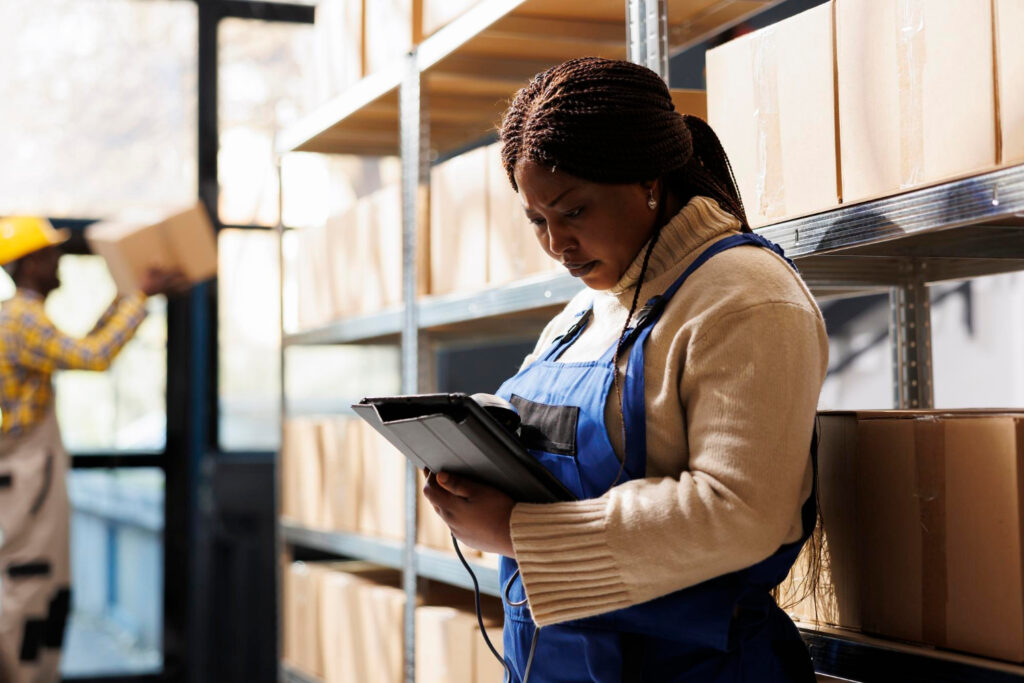There may have been a collective cheer, or perhaps just a large sigh of relief, when the Brexit deal was finally reached. However, whilst here at PLM Global we always try to remain positive, the common belief is that the outlook for logistics in the early part of 2021 is still not rosy by any standards, and many challenges still lie ahead of those trading across borders.
What exactly does the new UK-EU relationship mean for logistics and the supply chain?
Firstly, lets celebrate the fact that the industry has so far handled the gargantuan challenge that COVID-19 is, and still managed to deliver Christmas to a practically house-bound nation of end customers an impressive result at a time when staff sickness levels were also at an all-time high.
So, working together, and with invaluable support from suppliers and service providers, Brexit is just one more hurdle to get over on the road to (some kind of) normality!
The main pain points of this early period of Brexit trading are most likely to be: –
Changes to cross-border selling
Enforcement of new regulatory standards
Increases in the volume of documentation required
A tightening of rules on road transport
Significant infrastructure changes at ports and other borders
One of these alone may be enough to strike fear into the hearts of those involved in the supply chain but, all together, how is the industry going to overcome their cumulative effect (plus the continuing effects of the pandemic)?
Stockpiling isnt a solution for everyonebut utilising technological advances may be
Stockpiling has been the chosen solution for many; building sufficient stocks to see them, and their customers, through this initial bumpy period. But this is not a viable answer for those working within the FMCG sector, especially with perishable goods and the just in time delivery requirements of their clients (who have little in the way of warehousing).
The focus therefore needs to be on keeping goods flowing with as little avoidable hinderance or delay within their journey as possible. Preparation will be key and logistics services providers will have to push their supply chains to the limits if they are to ensure both continuity and reliability of delivery. Risks and pitfalls need to be identified early, and contingency plans put in place to negate these wherever possible. Effective communication, both internally and with other parties, will be required too as accumulated knowledge, and the resulting learnings, needs to be shared.
Theres no doubt that new technologies and innovations can, and will, play a large part in maximising efficiency and minimising disruption. Whether it is cloud-based stock management systems which can keep abreast of customs paperwork changes, re-routed transport runs etc. or state-of the-art mobile capture devices and printers which can minimise warehouse down-time and increase accuracy of stock management, the companies who actively embrace the latest technology will certainly be in the very best shape to succeed.
PLM global are here to offer support
At this most unusual of times, its still pretty much business as usual for the team here at PLM Global and we are delighted to be able to continue to support the supply chain and other key industries. Our global partnerships and long-standing working relationships with some of the worlds biggest distributors means that we can guarantee the uninterrupted supply of high-quality, innovative products to help our clients meet 2021s challenges. If you would like to find out more about mobile technology or our capability to supply, repair, maintain and even lease these systems, then visit https://www.plm-global.co.uk/about/ and get in touch with our support team today.

News
Refurbished barcode scanners and printers can help your business grow
Refurbished barcode scanners and printers can be a great way for smaller businesses to take the next step in their growth journey in a budget-friendly




